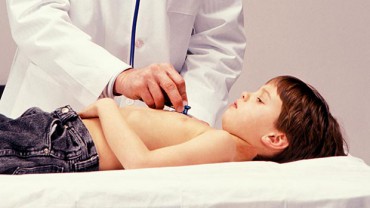
What do blood pressure and the rhythm of your heart have to do with stroke risk? Plenty.
Consider this: About three out of four people who have a stroke for the first time have high blood pressure. And an irregular atrial heart rhythm — a condition called atrial fibrillation — is present in about one out of five strokes.Stroke is one of the worlds largest “killers”. It happens when a blood vessel that supplies blood to the brain is blocked or bursts. As an example, nearly 800,000 Americans suffer a stroke each year.
High blood pressure is the chief culprit, and atrial fibrillation isn’t far behind. Yet there’s good news — you can easily do something about them. Your best defense is to avoid these heart conditions through a heart-healthy lifestyle. But even if you’re living with atrial fibrillation or high blood pressure, there’s still a lot you can do to lower your risk of stroke.
The Stroke Connection
The brain needs blood and oxygen. When that doesn’t happen and that crucial nourishment can’t reach the brain — either because of a clogged artery or a burst vessel — brain cells start to die.
For people with high blood pressure, the force of blood pushing against the arteries as the heart pumps blood is too high. That causes gradual damage to the arteries, including those to the brain. A weakened blood vessel may rupture in or near the brain, or scarred arteries may become blocked by a clot or plaque buildup.
Then there’s atrial fibrillation. That’s when stroke risk increases because the rapid heartbeat allows blood to pool in the heart, which can cause clots to form and travel to the brain.
High blood pressure is generally considered the most common controllable risk factor for stroke, but atrial fibrillation is the most powerful, said Ralph L. Sacco, M.D., professor and chairman of neurology at the Miller School of Medicine at the University of Miami and past president of the American Heart Association. “Somebody with high blood pressure has almost twice the risk of stroke than somebody without high blood pressure,” he said. “But someone with atrial fibrillation has more than five times the risk of stroke.”
Source: American Heart Association





Leave us a reply